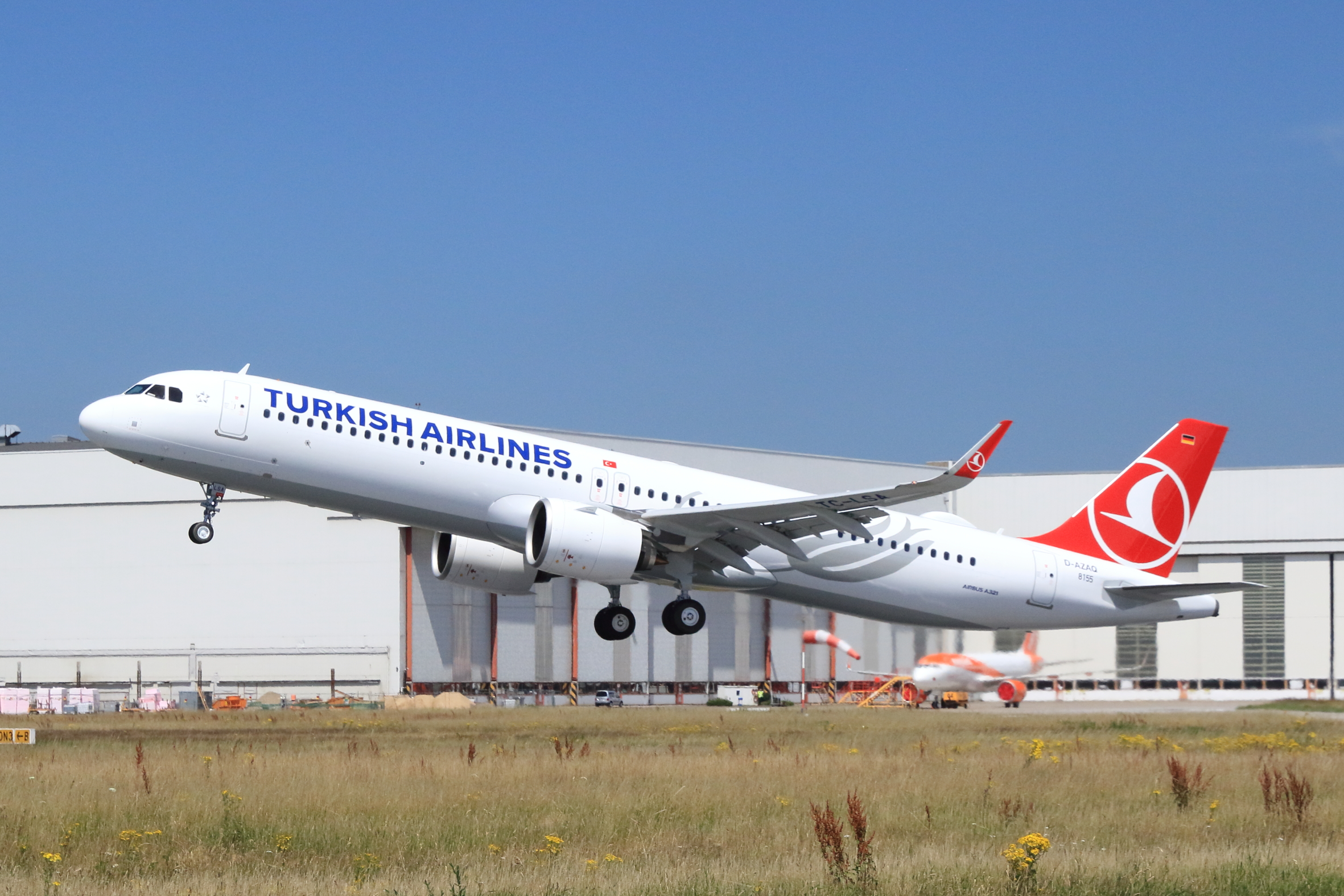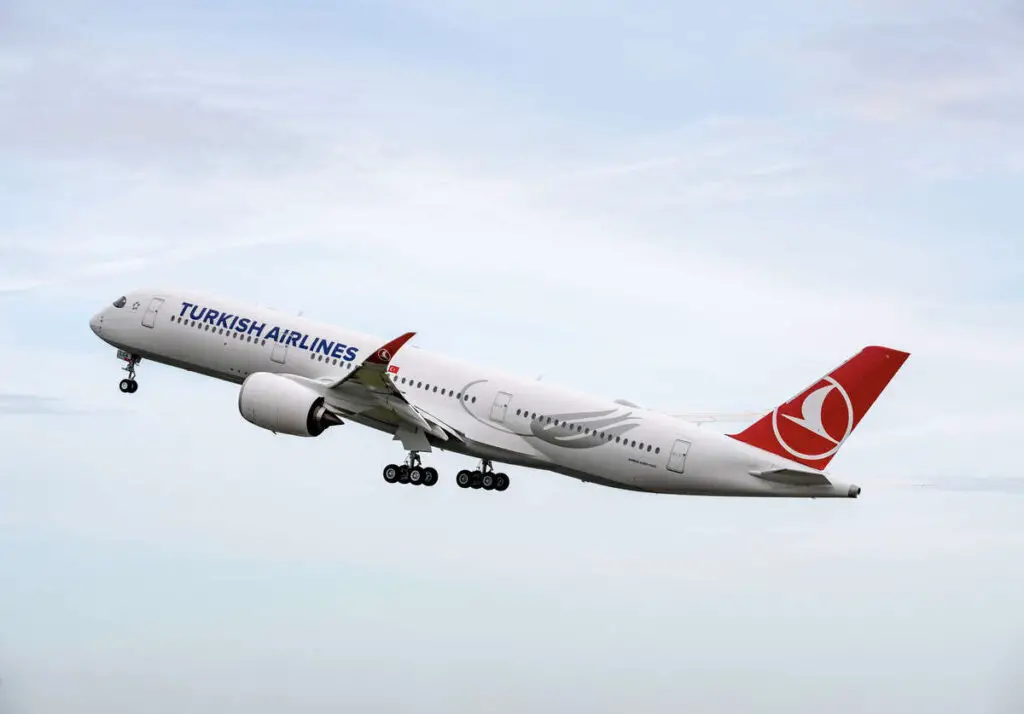On the eve of the Dubai Air Show 2023, Turkish Airlines would unveil a major order, marking a historic move in the aviation industry. The airline, after months of painstaking negotiations might have chosen Airbus as its manufacturer for this deal, placing an unprecedented order for 345 aircraft between Airbus A321neo and Airbus A350 models, the largest order ever placed by a Turkish airline.
As reported by Turkish aviation media outlet Hava Sosyal Medya, Airbus and Turkish Airlines officials met November 11 in Istanbul to finalize this monumental order before the start of the Dubai Air Show.
The large order would include 250 Airbus A321neo, 75 Airbus A350-900, 15 Airbus A350-1000 and 5 Airbus A350 (F). In addition, an earlier order for 10 more Airbus A350-900 aircraft brings the total to 355, delivery dates for which will be revealed at the Dubai event.
In October, Turkish Airlines also confirmed another order for 28 Boeing 737 MAX and three Boeing 787 Dreamliners through a lease agreement with AerCap. On November 10, a public announcement revealed a lease agreement for 20 additional narrowbody and one widebody aircraft with lessors CDB Aviation Lease Finance, Jackson Square Aviation and DAE Capital, with delivery dates ranging from the second quarter of 2024 through 2026. Specific models remain undisclosed.
Turkish Airlines, the delayed order and the troubled engines
During the International Air Transport Association (IATA) Annual General Meeting in Istanbul in June 2023, Turkish Airlines outlined an ambitious plan to double its fleet, potentially reaching up to 600 aircraft. The goal is to reach a fleet of 800 aircraft by 2033, which could rival IndiGo’s historic orders of 300 aircraft and Air India’s 470.
Reports from sources such as Bloomberg and Reuters indicate that Turkish Airlines intends to diversify its fleet, encompassing both narrow-body and wide-body aircraft, including models from Airbus and Boeing. The diversified fleet could include aircraft such as Airbus A320neo, A321neo, Boeing 737 MAX, Boeing 787 Dreamliners, 777X and A350.
In addition, Turkish Airlines was in ongoing negotiations for the acquisition of Airbus A220 and Embraer E195-E2 aircraft, raising the possibility of additional orders at the Dubai Air Show or in the coming months.

After Ahmet Bodat’s initial announcement in June, Turkish Airlines faced delays on this mega order due to challenges related to the durability of the Airbus A320neo family Pratt & Whitney engines. Currently, the airline is dealing with problems related to the Pratt & Whitney GTF engines, which led to the grounding of thirteen Airbus A321neo aircraft. Technical investigations are ongoing and could result in the grounding of additional aircraft.
Turkish Airlines’ current fleet
As a global carrier serving 349 destinations in 129 countries, Turkish Airlines is focused on maintaining a diverse fleet to support its extensive route network.
Passenger numbers have seen a notable increase, with 71.3 million passengers carried from January to October 2023, a growth of 17.8% compared to the same period in 2022. The average occupancy rate stands at 83%.
By October 2023, its fleet consists of 405 Airbus and Boeing airliners:
- 6 Airbus A319-100 (CEO).
- 12 Airbus A320-200 (CEO) operated by Turkish Airlines and 5 by AnadoluJet.
- 9 Airbus A320neo operated by AnadoluJet.
- 72 Airbus A321-200 (CEO).
- 54 Airbus A321neo
- 13 Airbus A330-200
- 36 Airbus A330-300
- 14 Airbus A350-900.
- 40 Boeing 737-800 operated by Turkish y 45 by AnadoluJet.
- 15 Boeing 737-900 (ER).
- 20 Boeing 737 MAX 8 operated by Turkish y 5 by AnadoluJet.
- 5 Boeing 737 MAX 9.
- 33 Boeing 777-300 (ER).
- 21 Boeing 787-9.
It also operates a cargo division with two Boeing 747-400 (BCF), two Airbus A310-300 (F), eight Boeing 777-200LRF and twelve Airbus A330-200 (F).














